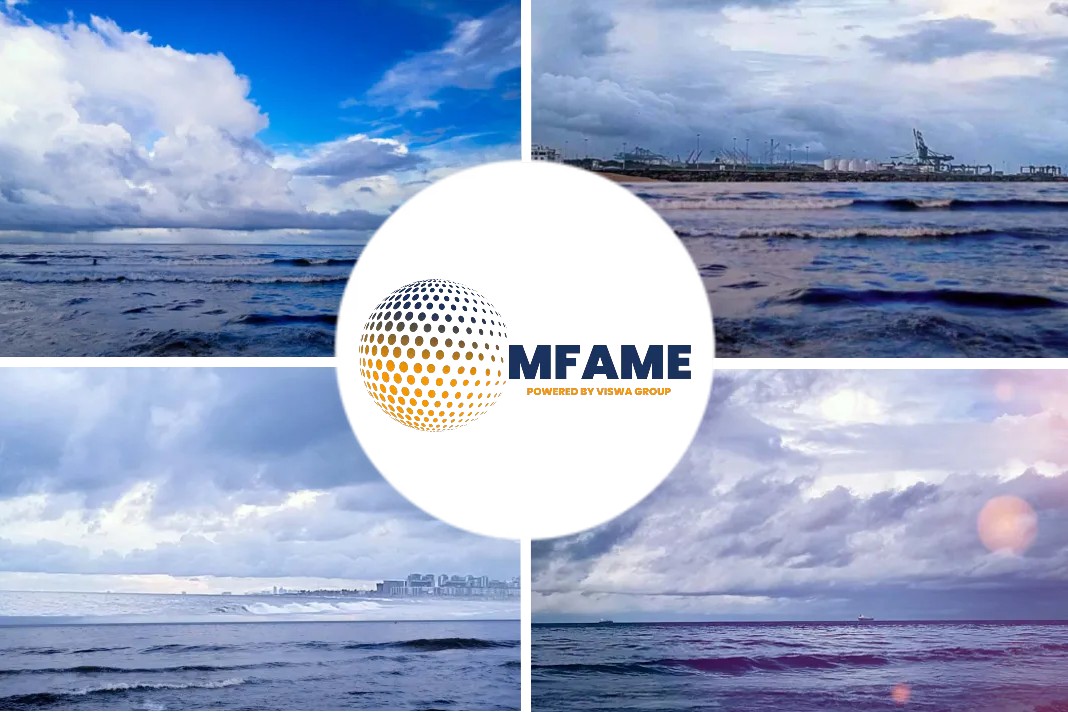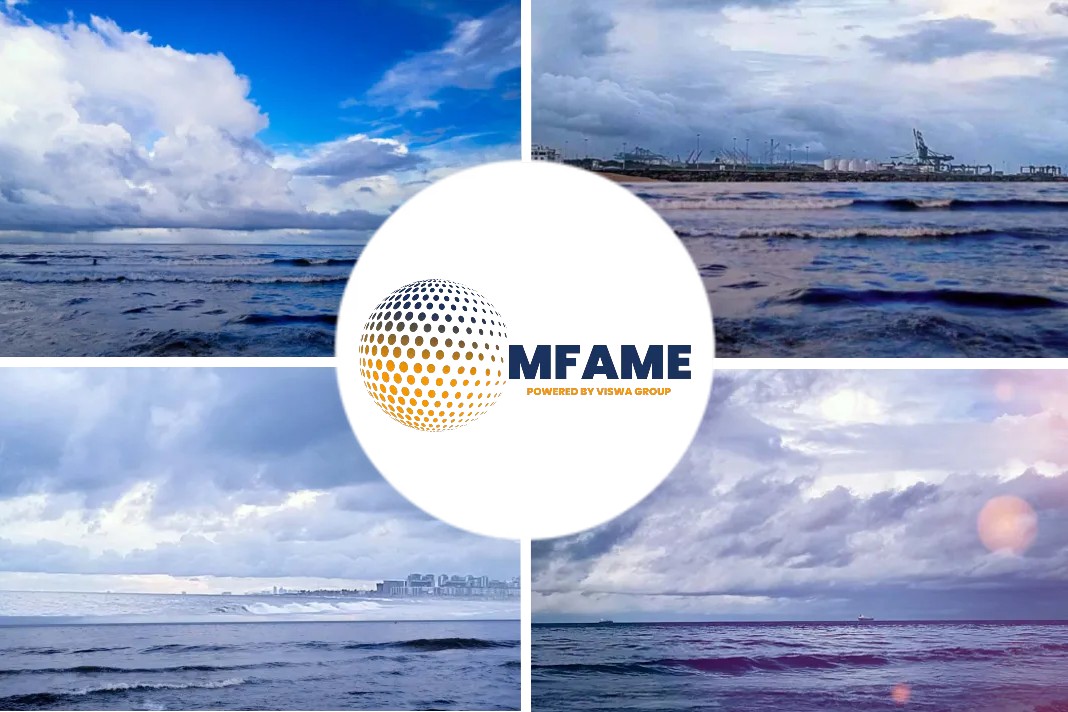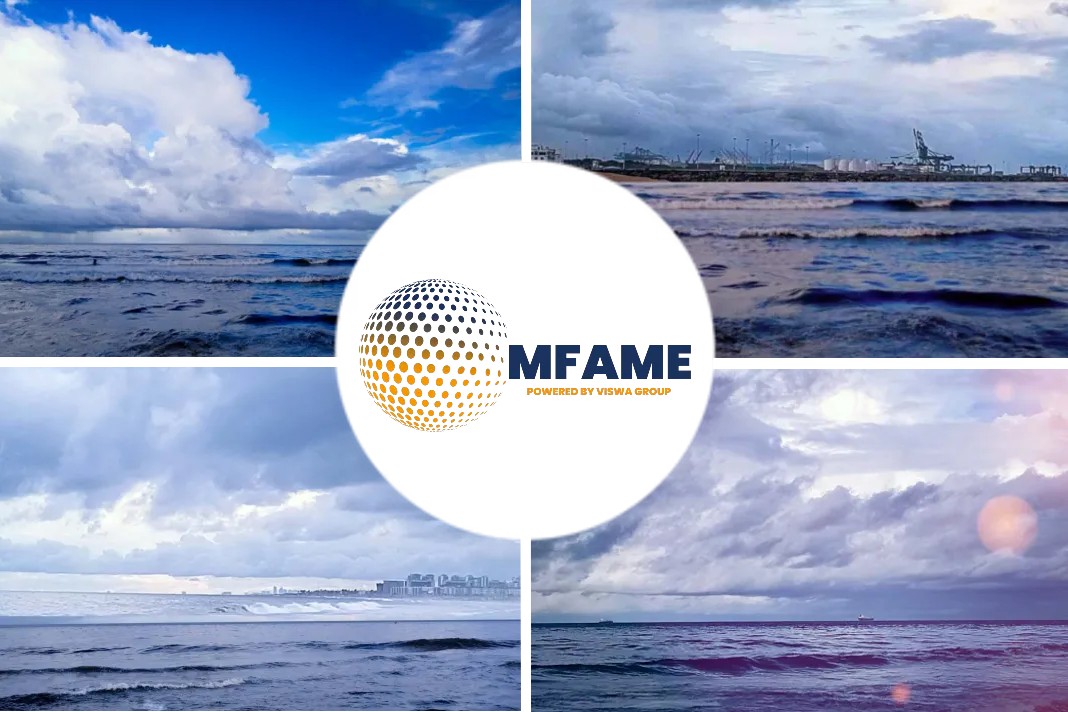In a recent development, Essar Shipping Ltd. said it was fully prepared to meet the International Maritime Organization’s (IMO) deadline for reducing sulphur content in fuel, reports The Hindu.
Complying To IMO 2020 Norms
The IMO has mandated that starting January 2020, the global cap of sulphur content in shipping fuel must be reduced to 0.5% from the current 3.5%. This decision was taken as high sulphur emissions caused damage to marine environment, especially in Northern European countries, with the U.K. suffering the most.
Essar Shipping said it was in the process of adapting to the environment-friendly measures and implementing processes that would reduce the harm caused to maritime environment.
Environment-friendly Outlook
“We are undertaking the change by installing scrubbers in some of our big vessels and simultaneously switching over to the use of compliant (low sulphur) fuel in the rest of our vessels. We will make capital investments of about $6 million in four out of our 12 owned vessels, which have been lined up for installation of scrubbers,” said Ranjit Singh, executive director and CEO, Essar Shipping Ltd.
How will it help?
The identified four vessels comprise three mini capes (bulk carriers) and one very large crude carrier (VLCC) . With scrubbers, these vessels still can use the existing fuel till they are exhausted completely or till the time the company would be comfortable to switch over to the new recommended fuel.
Scrubber Ready By May, 2020?
The company said that the installation of scrubbers would be completed by April/May 2020, by the time the regulations kick in. As per IMO, its order must be fully complied with within three months of the cut off date, that is, January 2020.
The payback period of the capital expenditure incurred for installation of scrubbers on the existing vessels would be 18 to 24 months depending on the differential of prices between high sulphur fuel and low sulphur fuel.
The World Scenario
It is estimated that the present requirement of approximately 400 million tons of high sulphur fuel by the global shipping industry will have to be either completely replaced with low sulphur compliant fuel and marine gas oil or a part of the fleet would carry on with the existing fuel with the help of scrubbers.
It is believed that approximately 15 to 20% of 400 million tons fuel will be handled by vessels fitted with scrubbers. The scrubber reduces the sulphur content of the emission and brings it down to the permitted level.
The regulations come into play when the global economy is on a downturn and demand for commodities is low, posing challenges for the shipping industry.
Did you subscribe to our daily newsletter?
It’s Free! Click here to Subscribe!
Source: The Hindu















